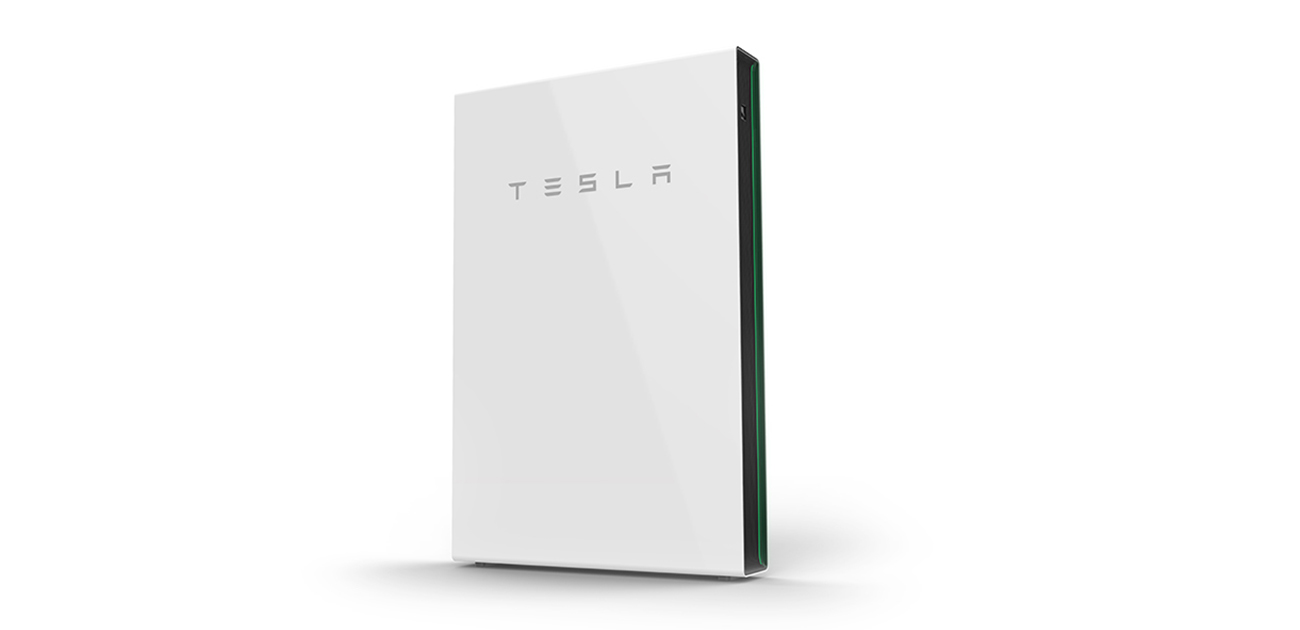Which Kind of Energy Storage is Best for Your Budget
Good news for your savings account: cost-effective energy storage has arrived!

Since energy storage frees its users from total dependency on the grid while also saving them money, we at Sun Solar are excited to begin offering Tesla battery storage to our customers. So, here’s our short-and-sweet beginner’s guide to solar energy storage.
What’s Energy Storage?
It’s a battery. Just like the ones in your phone or computer, but WAY bigger. This battery is connected to your solar system, either at the system’s installation or to an existing solar system.
How it works:
Usually, solar systems immediately feed any extra solar electricity back to the local grid (and your neighbors’ houses). However, a storage battery retains your solar energy within your building, ready for you to use at any time – for example, during the night, rainy days, and brief power outages.
3 Storage Options:
1. Grid (Solar + Grid; No Battery)
Most current systems remain connected to the local utility electric grid without a storage battery. This means no energy is stored at your house – it’s all fed back into the grid.
Pros:
- You don’t have to pay for a battery.
- You can use energy from the grid during nights and cloudy days.
- You benefit from net metering, depending on your state’s policies. (Brief version of net metering: your local utility credits you for
 the energy your system feeds back into the grid.)
the energy your system feeds back into the grid.)
Cons:
- Unfortunately, the benefits of net metering will probably lessen as solar becomes more mainstream, pressuring the utilities to pay less for each individual system’s energy.
- If the grid goes down, so does your grid-dependent solar system.
- Time-of-use agreement (you pay more for using electricity during peak demand times, such as 4-8 pm) is becoming more common; you won’t be able to escape the raised fees with a grid-only system.
2. Off-grid (Solar + Battery; no Grid)
This option cuts you off from your local grid – for better and for worse – since your storage battery is powerful enough to sustain your entire house indefinitely (of course this means you would have to have the battery storage large enough to sustain this amount of energy).

Pros:
- As storage batteries enter the mainstream market, their prices are falling drastically.
- You’ll NEVER have an electricity bill again!
- While your neighbors stumble around lighting candles and flashlights during a power outage, you’ll keep your lights on in comfort.
Cons:
- A multiple battery system powerful enough to sustain an entire building is prohibitively expensive for most people.
- This hefty price tag often cancels out any money saved from not having a power bill.
- You can’t get paid for excess energy by your utility via net metering.
- If anything happens to your battery, you’re in the dark – literally – until you can replace it.
3. Hybrid (Solar + Battery + Grid)
The best of both worlds, a hybrid solar storage system remains connected to the grid, but still saves energy with a smaller (and much more affordable!) number of batteries.
Pros
- You still benefit from net metering.

- Using energy from your batteries during peak-demand times will reduce any applicable time-of-day charges.
- Your batteries will provide enough electricity to tide you over during brief power outages. You only need to purchase a few batteries, not the large quantity needed to go off-grid.
Cons
- You still aren’t totally free from the grid, since fewer batteries won’t power your whole house for long.
- You still have to pay for your battery storage, although far less than for an entire house-
powering system.
Sun Solar’s Conclusion:
For most homes and businesses, a hybrid solar + grid + battery system is the best bet. This allows you to save some energy while still benefiting from net metering.
Interested in integrating battery storage with your solar system? Sun Solar is thrilled to announce that we have been approved as a Tesla Battery provider and look forward to offering and installing solar battery storage options. Get in touch with us at (855) 464-6786 or info@ussunsolar.com to find out more; we’d love to hear from you!
